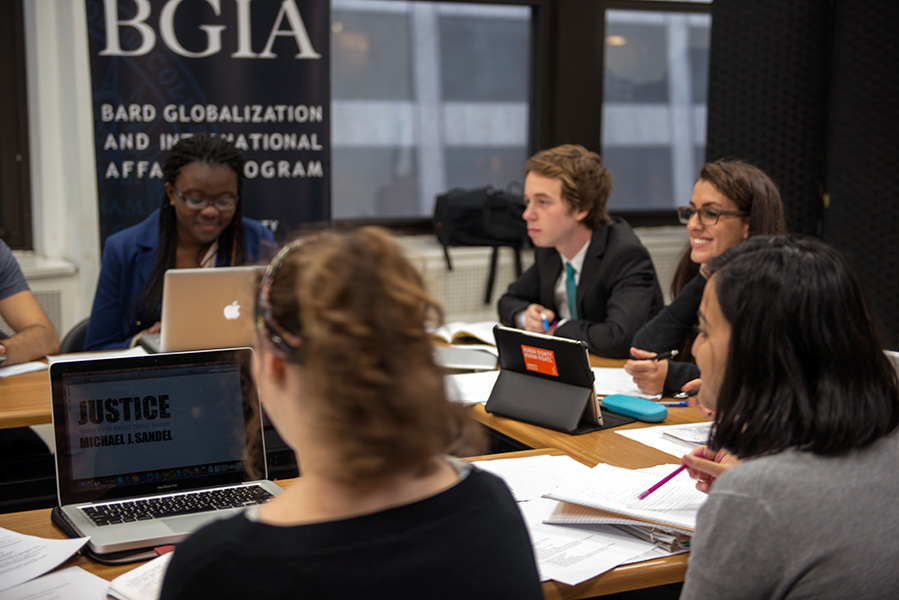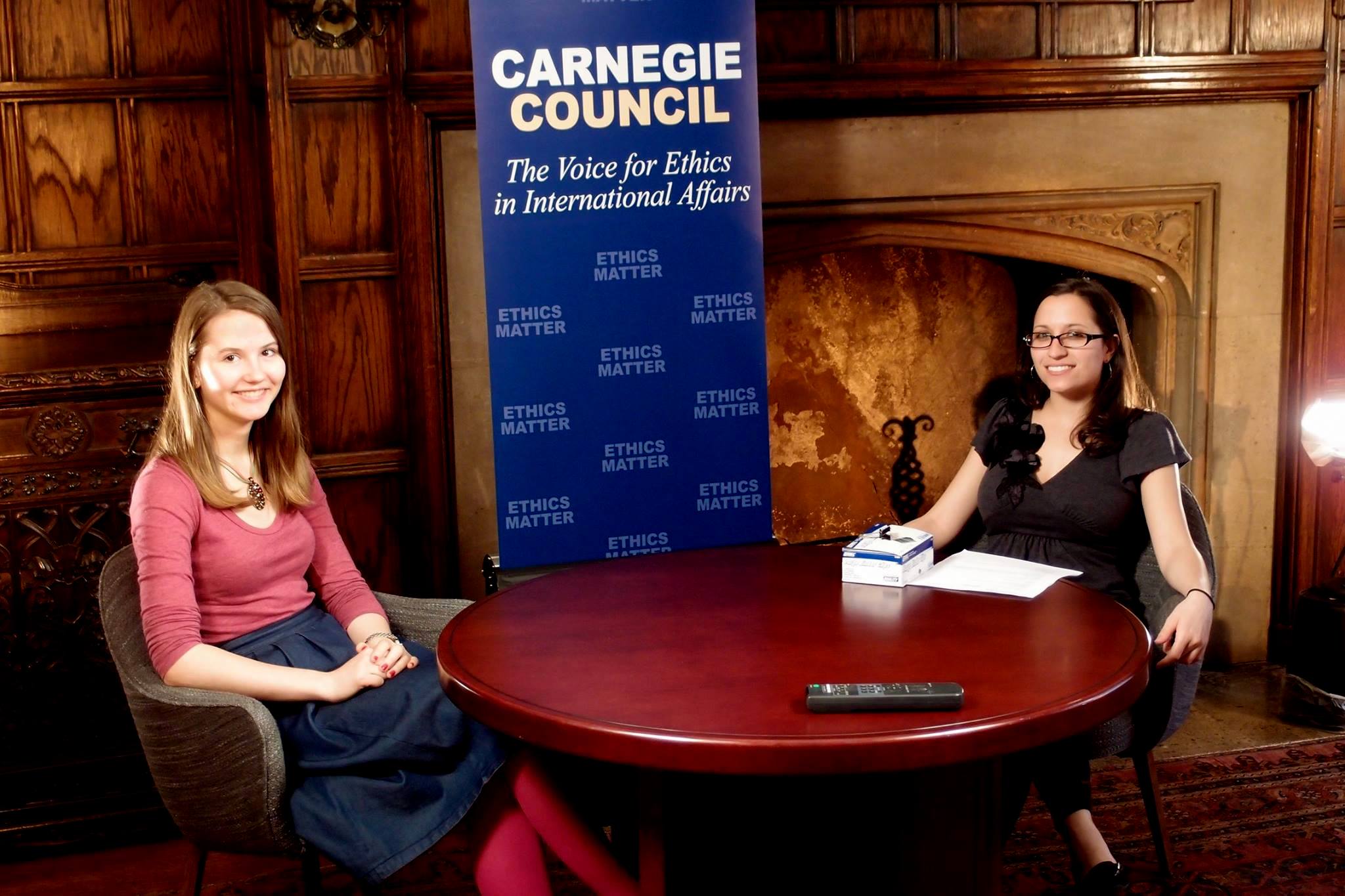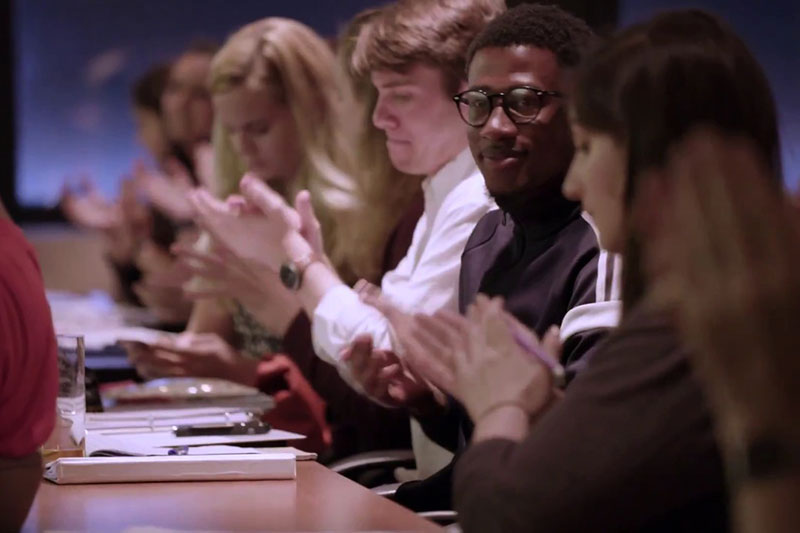Part of Bard NYC, BGIA provides a unique opportunity for college students and recent college graduates from around the world to take advanced courses in international affairs while working in carefully selected internships based on individual interests—all while experiencing life in Manhattan, the island at the center of the world.
What makes BGIA unique?

Intimate Teaching Environment
The seminar-style courses at BGIA are based on student discussion, research, and writing. The Core Seminar focuses on non-state actors in international affairs and provides an academic framework to contextualize students’ professional internships. Additional courses are taught by practitioners in diverse fields.

Foundational Internships
BGIA’s internship program offers students an opportunity to work with with private, public, and nonprofit organizations in New York City. This hands-on experience enables students to put classroom theory into real-world practice. Foundational experience for future careers and graduate study.

Discourse on Timely Issues
Discourse on timely issues of global concern. The James Clarke Chace Memorial Speaker Series features talks by leading figures in international affairs. Events are held approximately once a month, typically on a Thursday evening, and are open to the public.
What's New
New Dorm in Brooklyn for Spring 2023
BGIA students live in a unique student residence and co-living community in the heart of Williamsburg, Brooklyn. Unlike most traditional dorm rooms, our student residents can discover a whole range of thoughtfully designed shared spaces and have access to community building events and programming.